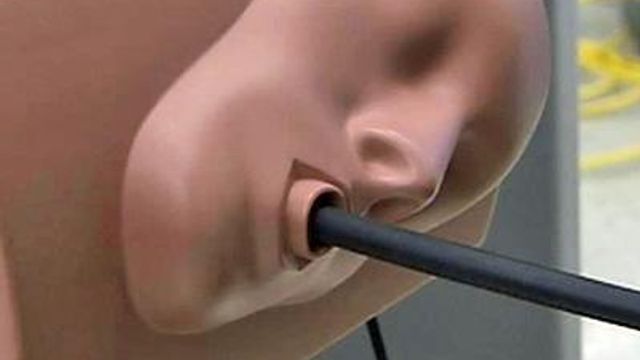Video-game tech helps med students practice surgeries
Life-like simulators at Duke University Medical Centers let medical students practice at doing surgeons while avoiding the risks of hands-on work.
Posted — UpdatedThe simulators use the same technology that creates realistic worlds in video games. Doctors guide students in doing procedures, such as navigating an endoscope down an esophagus into the stomach, and students experience the surgery as if they are doing the real thing.
"The medical students, I think, it's one of the highlights of their surgery rotation, because they can come in here and feel like actual surgeons, without putting our patients at risk for them doing that," said Dr. Aurora Pryor, medical director of Duke's Surgical Education and Activities Lab.
Surgeon Dr. Loretta Erhunmwunsee used a simulator to practice laparoscopic removal of a gall bladder – even though she has done the real thing.
"The truth is it's very life-like, which is very nice," Erhunmwunsee said.
The goal of the effort, doctors say, is to get students to perfect their skills for the benefit of their real, future patients.
The Accreditation Council for Graduate Medical Education requires all surgery training programs to have simulators labs. Duke's simulator training is consider one of the nation's state-of-the-art programs.
• Credits
Copyright 2024 by Capitol Broadcasting Company. All rights reserved. This material may not be published, broadcast, rewritten or redistributed.





